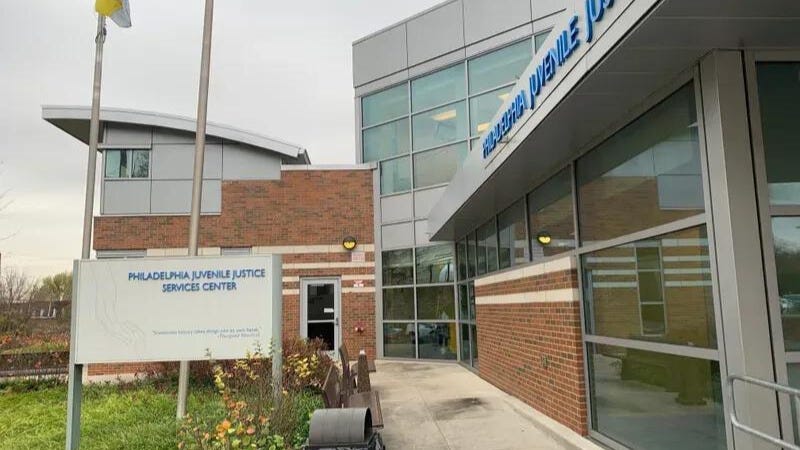
PHILADELPHIA (KYW Newsradio) — A Commonwealth Court judge’s order for the state to take custody of some of the young offenders who have been sentenced to its facilities may help relieve overcrowding at Philadelphia’s Juvenile Justice Services Center. However, that order doesn’t address another issue: The many extra months those young people have spent in Philadelphia before their sentence even starts do not count toward their sentence.
There is no such thing as “time served” in the juvenile justice system. Young offenders are sentenced not to incarceration but to treatment, so they must complete a full program — typically four to nine months. When the state says it can’t take them, they languish in county detention centers and wait.
For Khaleem, that meant spending his entire 17th year in detention, waiting six months in the Philadelphia Juvenile Justice Services Center for placement — the same amount of time he spent in the actual program a judge sentenced him to.
“All I really did was read, pray, get through it however I could,” he said.
He was not alone. More than 30% of the residents of the overcrowded JJSC are simply waiting for the state to take them.
“Everybody would ask every day, we all asked our social workers: See what number I am on the list to get sent to placement,” he said.
Khaleem is not bitter.
“I didn’t get to go to prom. I didn’t get to do any of that, but at least I got to graduate, so that’s really what I was focused on.”
The state has refused to accept many youthful offenders because it doesn’t have enough staff to take everyone sentenced to its custody, so it has a wait list.
There were so many kids waiting at Philly’s JJSC, that a judge ordered the state to take some of them in the next 30 days so they won’t have to sleep on the floor.
The judge made no comment on the extra time the residents are losing from their teenage years. But Marsha Levick of the Juvenile Law Center argues the state is violating court orders.
“They are entitled to treatment and anything else the judge has ordered. They’re sitting now for months, receiving none of those services,” Levick said. “They will also receive no credit for the time that they are sitting in the juvenile detention center. That is a whole other level of travesty.”
Humz was 17 in January of 2022, when he was sentenced to six months in a state treatment program. He waited for seven months before the state took him. So he ended up spending more than a year in detention altogether, which he says, sometimes makes him mad.
“I did seven months in there, and they didn’t count any of that time. I only had to do six months. I could’ve been home in 2022,” he said. “I think about stuff like that, but it is what it is. I’m home now. I’m on the right track, doing the right things.”
The state says it’s working to increase its capacity and notes its populations are ballooning because judges are issuing longer sentences than is typical. It says it wants to work with city officials to address all the factors straining the system.



